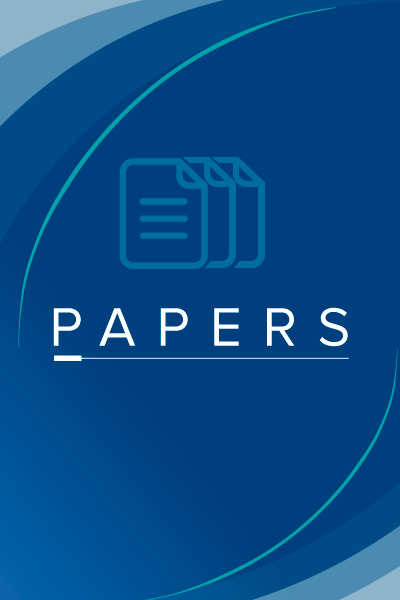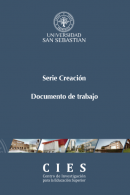
Asociación entre edulcorantes no nutritivos y riesgo de obesidad en estudiantes universitarios de Latinoamérica
| PROCEDENCIA(S): | Centro de Salud USS, Ciencia y Medicina, Ciencias de la Salud, Ciencias para el Cuidado de la Salud. |
|---|---|
| CATEGORÍA(S): | Anatomía y Morfología, Endocrinología y Metabolismo, Nutrición y Dietética, Química Médica. |
| AUTOR(ES): | Samuel Durán Agúero / Estela Blanco Batten / María del Pilar Rodríguez Noel / Karla Cordón Arrivillaga / Julieta Salazar de Ariza / Jiniva Record Cornwall / María del Pilar Cereceda Bujaico / Sonia Antezana Almorza / Sissy Espinoza Bernardo / Claudia Encina Vega. |
| TIPO DE MATERIAL: | Artículos, Encuestas. |
| ARCHIVO: |
 Reconocimiento CC BY. Esta obra está bajo una Licencia Creative Commons Reconocimiento CC BY 4.0 Internacional.
Reconocimiento CC BY. Esta obra está bajo una Licencia Creative Commons Reconocimiento CC BY 4.0 Internacional.
The association between non-nutritive sweeteners and obesity is controversial. Aim: To determine whether the consumption of non-nutritive sweeteners is related to higher risk for overweight or obesity among university students in Chile, Panama, Guatemala and Peru. Material and Methods: A total of 1,224 (472 from Chile, 300 from Panama, 248 from Guatemala and 204 from Peru) male and female university students aged between 18 and 26 years participated in the study. Each student reported their food intake (frequency of weekly consumption) in a survey that contained photos of foods containing non-nutritive sweeteners adapted for each country. Anthropometry was also measured. Results: More than 80% of students consumed at least one product containing non-nutritive sweeteners. Females who ate acesulfame potassium and sucralose had a lower risk of overweight or obesity with an odds ratio (OR) of 0.5 (confidence intervals (CI) = 0.3-0.9; p = 0.003) and OR = 0.4 (IC = 0.2-0.8; p = 0.01), respectively. Conclusions: In this sample of Latinamerican university students, consumption of non-nutritive sweeteners was associated with lower risk of overweight only in females.


